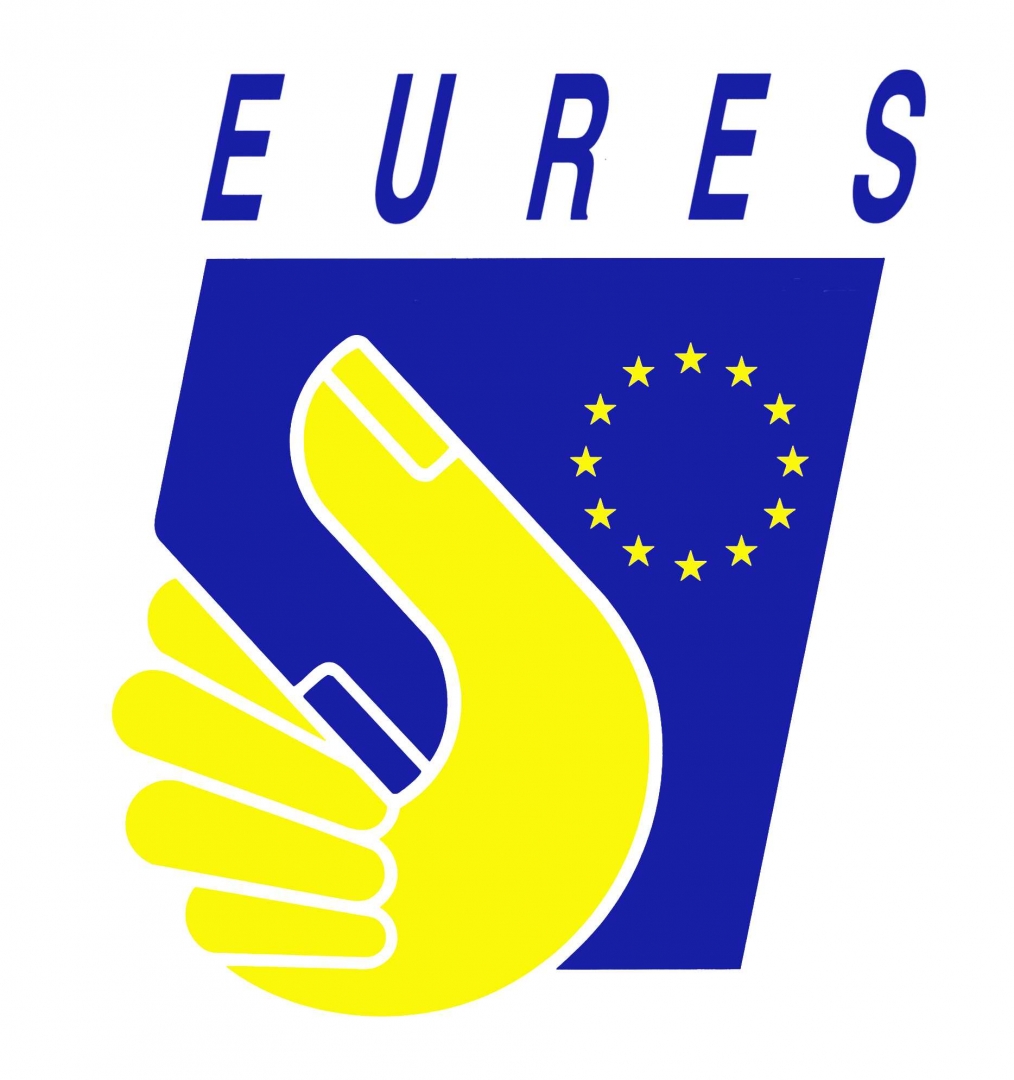EURES – Job Mobility in Europe
EURES is a cooperation network that makes it easier for workers to exercise their right to free movement across Europe. It connects all 27 EU countries plus Switzerland, Iceland, Liechtenstein, and Norway, ensuring that both jobseekers and employers can benefit from opportunities across borders.
The free movement of workers is one of the European Union’s core principles. As an EU citizen, you have the right to move to any of these countries to look for work and take up employment.
EURES exists to help you make that move a success.
Through the EURES portal and a network of more than 1,000 advisers, EURES provides a wide range of services for jobseekers and employers alike.
EURES services include:
- Matching job vacancies and CVs through the EURES portal
- Providing information, guidance, and personalised support for workers and employers
- Giving access to up-to-date details about living and working conditions in each country (taxation, pensions, health insurance, social security)
- Offering special support for cross-border workers and employers in frontier regions
- Running the EURES Targeted Mobility Scheme, which supports specific groups to move and work abroad
- Organising dynamic recruitment events via the European (Online) Job Days platform
- Providing post-recruitment assistance, including language training and help with integration in the destination country



